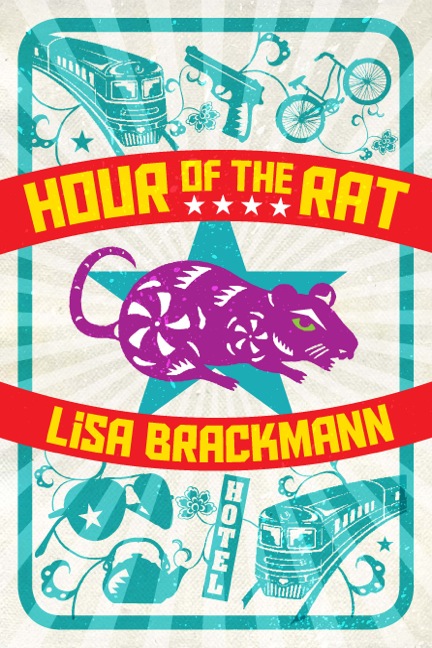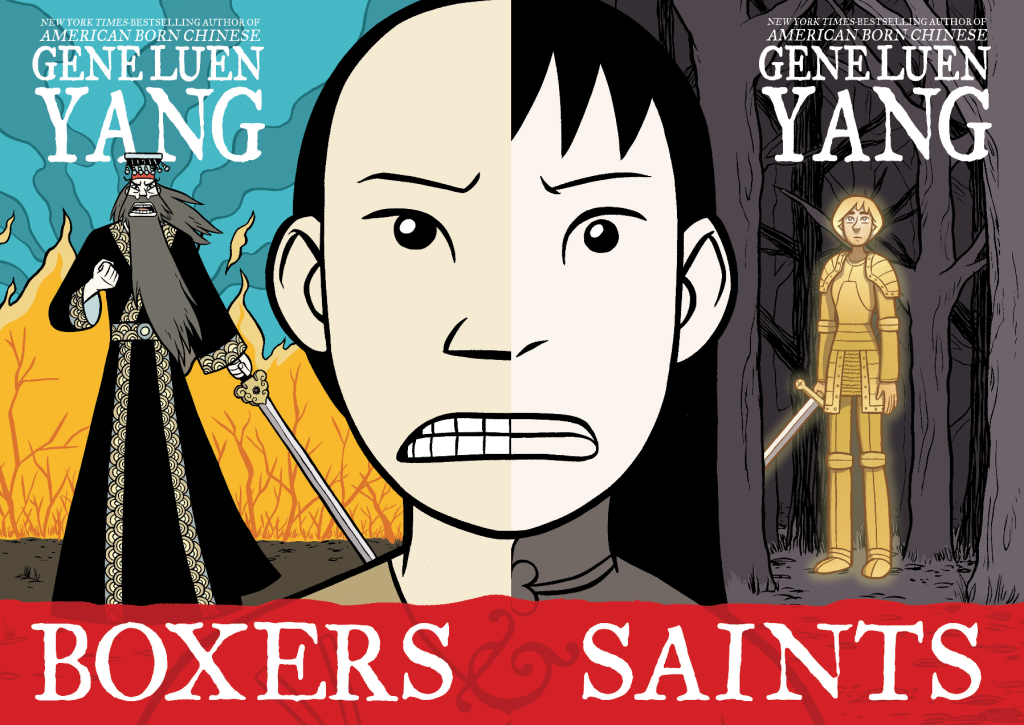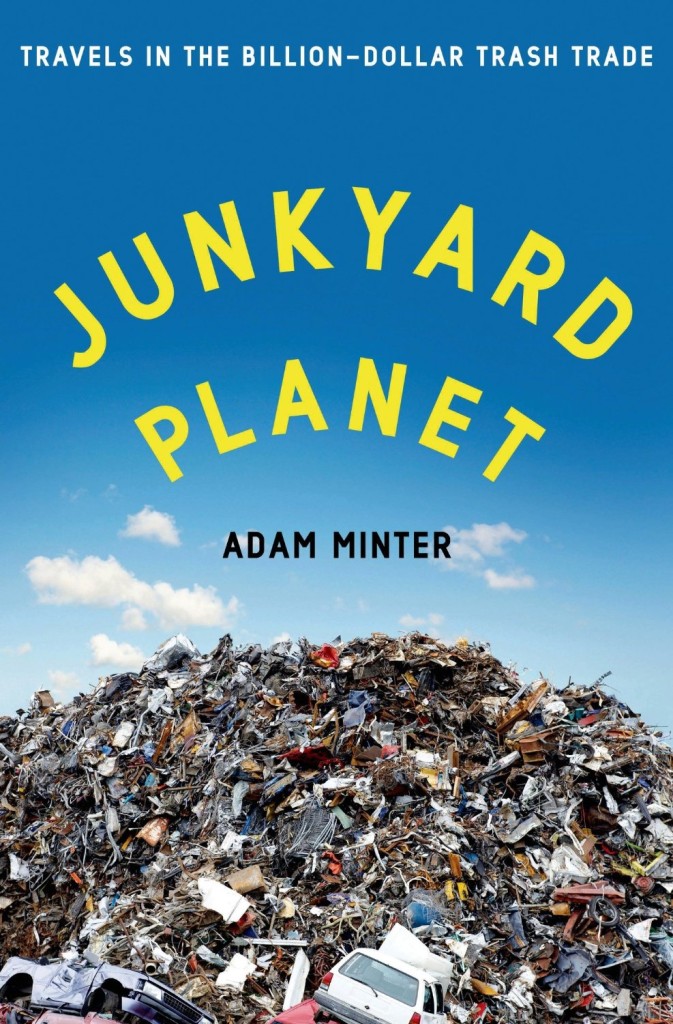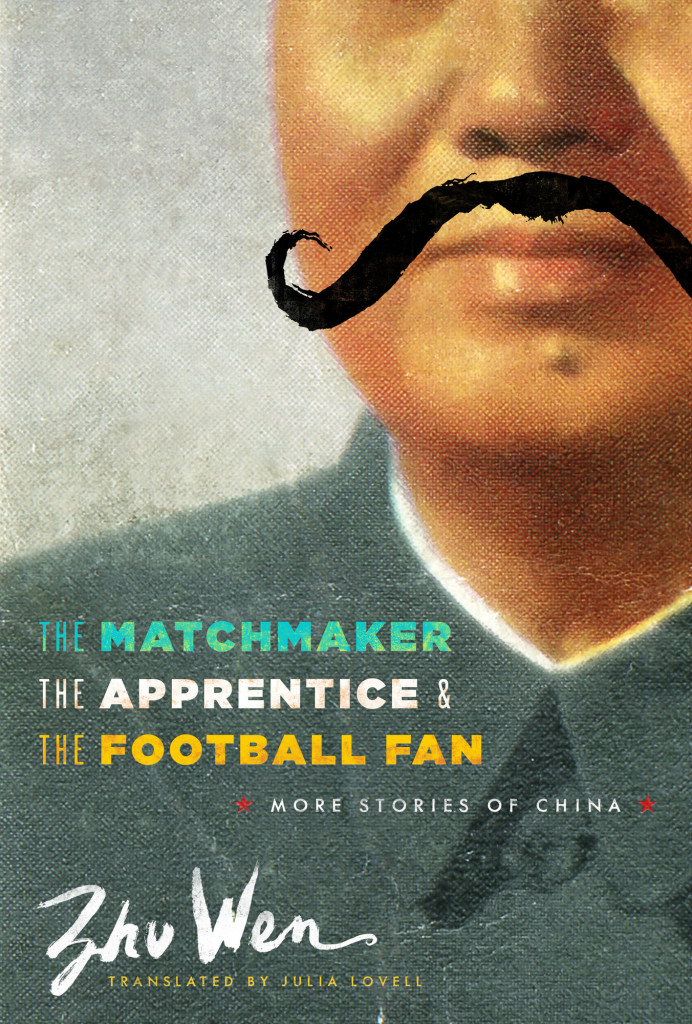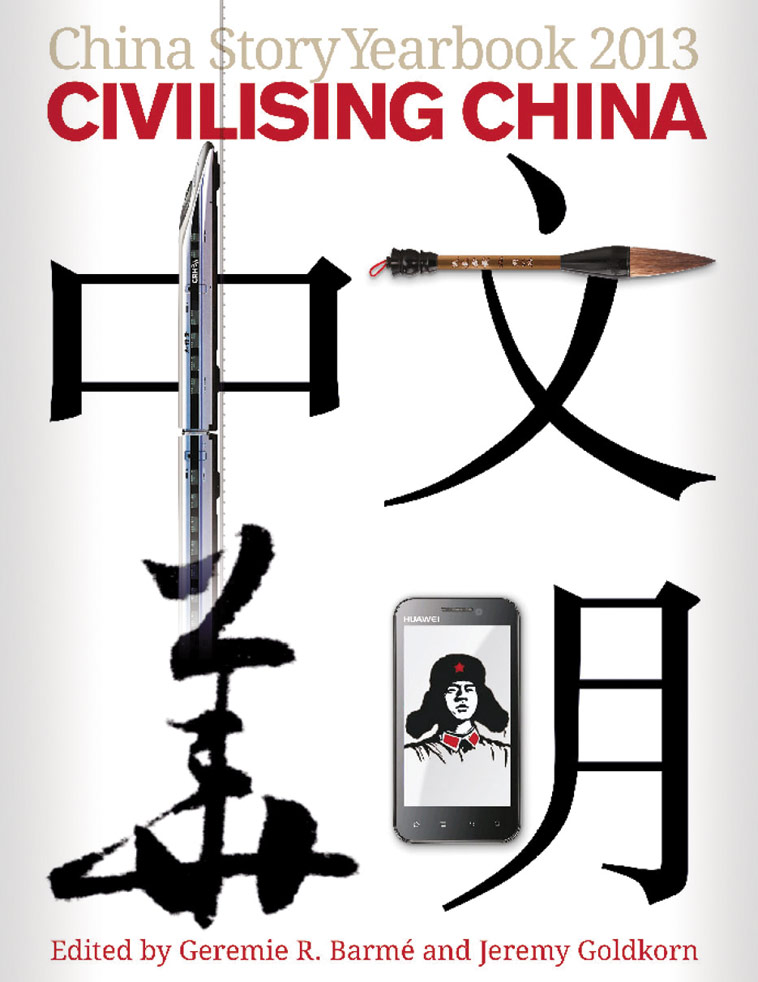Before becoming part of the LARB’s “China Blog” team (indeed, before that publication even began), several of the people who have been writing for it were deeply involved in “The China Beat,” a digital publication based at UC Irvine that ran from 2008 to 2012 and was edited first by Kate Merkel-Hess and then by Maura Elizabeth Cunningham. One thing we did this time of year at that blog was to provide China-themed holiday gift ideas (some collected here), and we’ve decided to reboot that tradition for LARB readers. What follows is a list of some of our favorite things published in 2013. Each of the four regular contributors to the “China Blog” was asked to suggest three, a dozen in total (fits in with the Twelve Days of Christmas and all). We will all, of necessity, have to leave some favorite books off our lists, due to limits of space and, at least in my case, because one of the works I consider among the best of the year, The China Story’s Yearbook 2013: Civilising China, is available for free — so, for anyone other than a truly Scrooge-like cheapskate, zapping the PDF to a friend or family member could hardly count as giving that person a “present”. Our list, as you’ll see, is an eclectic one, with suggestions that will work for those who are fans of fiction and fact-based works and, in Tong Lam’s case, those who can’t get enough of trash talk.
– Jeff Wasserstrom
Maura Elizabeth Cunningham’s Three Selections (N.B. well, four really, but she’s a humanist so math isn’t her strong suit):
1. There are more than enough big books about World War II published every year, but Oxford historian Rana Mitter has written one that’s a must-read for all history buffs: Forgotten Ally: China’s World War II, 1937-1945. Mitter has produced a work that is both an epic national saga and a deeply personal account of the war’s toll on China’s competing leaders, Chiang Kai-shek, Mao Zedong, and Wang Jingwei (branded a Japanese collaborator after the war and today condemned as a traitor in China). Thanks to his beautiful writing style, Mitter manages the difficult feat of covering the country’s eight years at war in painstaking detail, yet never overwhelming or boring the reader.
2. Wealth and Power: China’s Long March to the Twenty-First Century, by Orville Schell and John Delury, is perhaps the most acclaimed China book of 2013. It’s indeed an excellent read, and perfect for the gift recipient on your list who is familiar with the broad history of China since the early 19th century but wants to learn more. Schell (full disclosure: my former boss) and Delury (a LARB contributor) structure each chapter as a capsule biography of a major figure in modern Chinese history, while setting that individual against the background of larger events happening during his (or in one case, her) lifetime. Like Mitter, they’re skilled writers whose way with words proves that history doesn’t need to be boring.
3. If you’re shopping for someone who enjoyed Stieg Larsson’s Lisbeth Salander books and is looking for something new to read, pick up the two Ellie McEnroe mysteries by Lisa Brackmann, Rock Paper Tiger and Hour of the Rat, which are set in China. Brackmann did a Q&A with Jeff Wasserstrom for the China Blog earlier this year, and I have a short review of both books up at my own blog, so I won’t say more about them here. But the combination of a strong female protagonist, a China setting, and engrossing mystery plots results in books that I think any grown-up fan of Nancy Drew would enjoy finding in her Christmas stocking.
Jeff Wasserstrom’s Three Titles (N.B. my third choice is a two-in-one book, so perhaps arithmetic isn’t my forte either):
1) If you are looking for literary stocking stuffers, it’s hard to beat the “Very Short Introductions” that Oxford University Press publishes, including several that deal in part or completely with China. My pick for this year’s gift buyers is James Millward’s The Silk Road: A Very Short Introduction, which is under $10 and offers a deeply informed survey of this storied route, paying attention to the history and legends associated with it, and nicely combining attention to the standard topics, such as the flow of people and goods along it, with a good discussion of its role in the dissemination of artistic practices. It contains, for example, a memorable section on musical flows between Asia and other parts of the world. That’s no surprise, as along with being a leading historian of East and Central Asia, Millward is an accomplished musician who is part of the bluegrass band By & By – so if you want to be really creative with your stocking stuffing and have someone on your list interested in both China and music, toss in a copy of that group’s excellent debut album, too.
2) For anyone on your shopping list particularly concerned about the fate of Tibetans in the PRC, Tsering Woeser and Wang Lixiong’s Voices from Tibet: Selected Essays and Reportage, published by Hong Kong University Press and available for Kindle, is excellent. The authors, a husband and wife team of courageous commentators based in Beijing, weigh in powerfully on topics ranging from the destruction of Lhasa landmarks to acts of self-immolation. Violet S. Law is the skillful translator responsible for the book, and leading Tibetan history scholar Robert Barnett provides a gracefully written and very informative introduction to the Tibetan context and to the two authors.
3) Finally, for anyone on your list who likes comics and graphic novels, there’s Gene Luen Yang’s Boxers & Saints, a two-in-one work that readers of this blog should be familiar with, thanks to Angilee Shah’s recent Q & A with its author. All I’ll add here is that it makes for enjoyable and engaging reading for young adults and the other kind alike, and academic China specialists will find particularly striking the way that some parts of the analysis are informed by scholarly works on the Boxers, several of which, including landmark studies by historians Joseph Esherick and Paul Cohen, are listed in a bibliography of books consulted.
Tong Lam’s Trashy Trio (N.B. one of these is actually five albums, so I guess this is another blogger who has a creative approach to numbers):
1. What will happen to the old and unwanted stuff cast into trashcans and recycle bins to make way for new gifts this holiday season? Adam Minter’s new book, Junkyard Planet: Travels in the Billion-Dollars Trash Trade, will fill you in, offering an insightful guided tour of a globally significant but little-known aspect of our economy and environment. While the book is not just about China per se, being the world’s largest recipient and generator of garbage, China is certainly central to the planetary circulation of trash and the enormous business associated with it. For readers who are interested in contemporary China and its inherent connection to global capitalism, Minter’s book is a fascinating and informative read. For more, see the LARB review by Susan Jakes.
2. One person’s trash is another person’s treasure, as artist Thomas Sauvin’s photo book, Silvermine, makes clear, with its unique visual window onto China’s contemporary history. Silvermine is actually a set of five photo albums, each containing 20 photos published by the Archive of Modern Conflict. During the past five years, Sauvin salvaged, categorized, and edited over half a million photos taken from a recycling facility on the outskirts of Beijing, where old negatives are sent so their silver nitrate content can be extracted and recycled.
The Silvermine albums capture how ordinary Chinese people documented their everyday activities between 1985 and 2005, when silver film was in widespread use. These snapshots from numerous anonymous individuals, which depict activities like buying household appliances and visiting theme parks, offer a bottom-up view of China’s profound post-socialist transformation. This pricy book has been released in a limited edition (just 200 copies in all) and will surely make an impressive gift for any China junkie.
3. No list of trash-themed books would be complete without one that offers a broader understanding of our changing urban conditions, especially the accelerating pace of urbanization in the Global South. One notable 2013 book on this topic, with a China focus, is Xuefei Ren’s Urban China. Written for a general audience, this book surveys the unprecedented urban boom of a country that now has more than 125 cities with a population greater than a million. Ren’s book is not just about Chinese cities—It is also about citizenship rights, social hierarchies, inequalities, governance, political economy, and many other related issues.
Alec Ash’s Selections (N.B. this is actually a trio of titles, pure and simple, so we finally have someone good at math.):
1. Strange Stones: Dispatches from East and West by Peter Hessler
Hessler became a must-read for China hands (and a favorite of many of the simply China interested) with his 1997 memoir from Sichuan, River Town. Over the next decade, he came out with two more books and was the New Yorker’s man in Beijing, providing us with a steady IV drip of narrative writing over one of China’s most transformative periods. Then he left us, and now he’s doing the same in Cairo. But he left behind one last hurrah — a collection of his longform stories, beginning with his first piece for the New Yorker, about eating a rat in Guangdong, and ending with a dispatch from small town Colorado. It’s perfect for dipping into.
2. The Matchmaker, the Apprentice, and the Football Fan by Zhu Wen, translated by Julia Lovell
Mo Yan was the Chinese novelist of choice last year, after he won the 2012 Nobel Prize for Literature. But I’ve always found him and his generation (Yu Hua, Ha Jin, Ma Jian, etc.) tiresome in that they mainly write about the countryside. For something more urban, and reminiscent of today’s China, pick up Zhu Wen. His collection I Love Dollars was a breath of fresh air — gritty, real, and relevant. This new collection of stories, also translated by Julia Lovell, is more of the same. It’s short, readable, and one of the best open sesames for contemporary Chinese literature.
3. For a Song and a Hundred Songs by Liao Yiwu, translated by Wenguang Huang
Liao Yiwu has had quite a life, and is quite a writer. Incarcerated in the wake of the Tiananmen protests, for writing a poem called “Massacre,” he went itinerant on his release, and the oral histories that resulted from his travels were collected in The Corpse Walker. Now he returns to his years in prison, and uses them as a springboard for a stark portrait of contemporary China. It’s grim holiday reading, but in the midst of the vibrancy and forward motion of China, a reminder not to forget those who are left behind for having the courage of their convictions.


